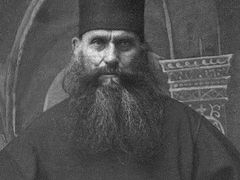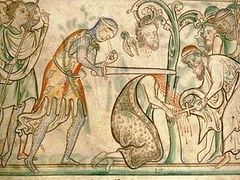Memory 17 (30) August
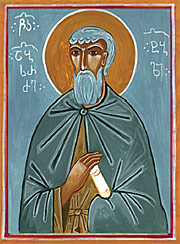
St. Tbeli received an education befitting his noble rank and succeeded in fully developing his natural abilities.
St. Tbeli left an indelible mark on the history of Georgian culture as a hymnographer, an astronomer, an expert in sacred music, and a scholar of diverse interests. We know from his works that he built a church in honor of St. George in the village of Khikhani (in upper Atchara), and it has been suggested that he composed most of his works, including a chronicle of his own ancestry, in that village. He had seven children whom he brought there, and at the end of his chronicle he left a second testament, commanding that his family’s future generations be brought there as well.
St. Tbeli contributed immensely to the life of Gelati Academy. Historians believe it was there that he received the broad education that allowed him to express himself in so many different fields.
St. Tbeli’s collection of hymns to St. John the Baptist, St. John the Theologian, and St. John Chrysostom reveals his true piety and talent as a writer of the Church. The profound theological ideas, the symbolic and mystical comprehension of phenomena, the “knowledge of the visible” and “comprehension of the invisible” evident in this work paint St. Tbeli as one equally endowed as both a scholar and a theologian.
St. Tbeli was fascinated by the science of chronology, and he compiled a work called Chronicles: Complete Commentaries and Rules to address some of the problems related to chronology. Combining a solid understanding of astronomy and history, this work conveys the cosmic meaning of the Julian calendar and Christian eschatology.
St. Tbeli’s famous hagiographical work The New Miracle of Great-martyr George contains valuable historical information about the Abuseridze family’s efforts to revive Georgian culture during the ancient feudal epoch.
While pursuing his literary and scholarly interests, St. Tbeli also labored as a holy and God-fearing pastor. The Georgian Apostolic Church has numbered our Holy Father Tbeli Abuseridze among the saints in recognition of the countless good deeds he performed on behalf of the Church and its people.
Filled with the virtue of theological wisdom, thou didst enlighten the world with knowledge divine. O Holy Father Tbeli, bestow upon thy nation the love of holiness!

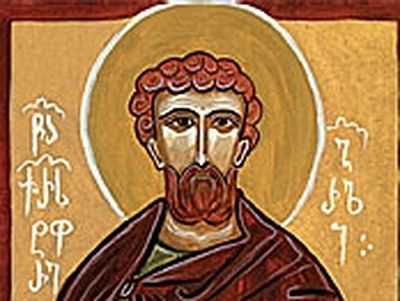
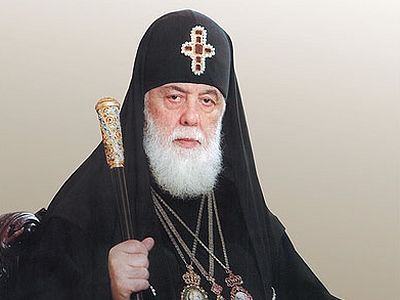
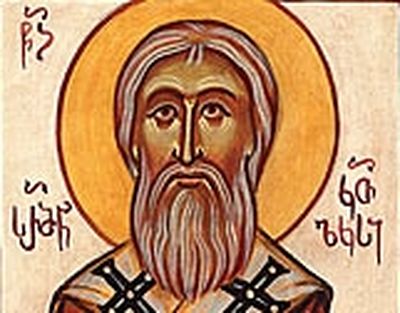
![The Life and Passion of the Holy Great-martyr Eustathius [Eustace] Placidas, and of His Wife and Children](https://pravoslavie.ru/sas/image/101876/187657.x240x180.jpg?1562171903)
